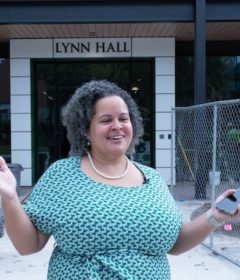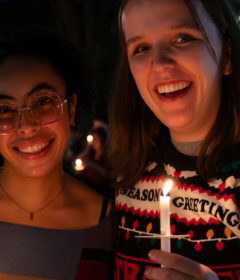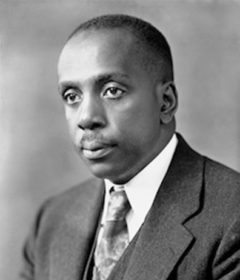Share Your Voice: ‘What Should Stetson’s Values Be?’
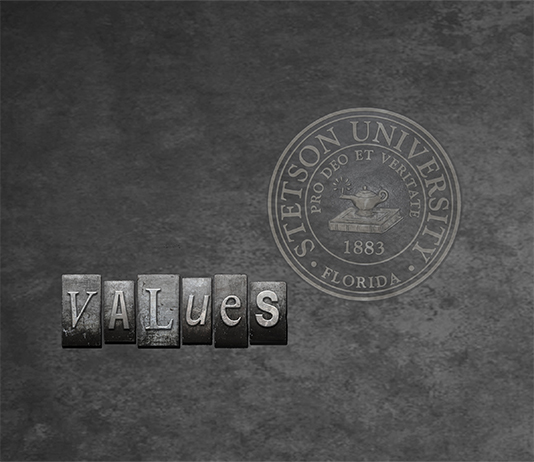

In 2014, Stetson adopted a set of core values committed to personal growth, intellectual development and global citizenship.
Ten years later, do those values still resonate with today’s students, faculty, staff and alumni?
That is a question that a small group of faculty, staff, and academic leaders decided to explore earlier this year. Their decision set in motion a rare undertaking at Stetson that will begin this week and continue on Values Day Nov. 14.
Instead of having a small group of faculty and academic leaders change Stetson’s values, the group chose an approach that would allow all students, faculty, staff, alumni and other university leaders to have a voice.
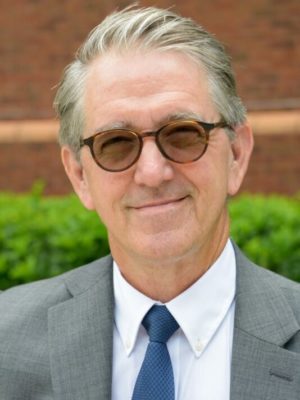
Political Science Professor David Hill, who attended those meetings, recommended an innovative approach to public opinion research that was pioneered at Stanford University’s Deliberative Democracy Lab.
Over the next few weeks, Stetson will replicate a process that’s been used by Stanford around the world — from a community forum with Meta on the use of generative AI to considering a new constitutional amendment in Mongolia.
Called deliberative polling, the effort starts here this week with a survey emailed to students, faculty, staff and 23,000 alumni from Stetson’s own Center for Public Opinion Research.

Over the last two months, Professor Hill and a working group of faculty, staff and Board of Trustees member Amy Rigdon looked at the values and missions of a wide range of colleges and universities, including Ivy League schools, peer institutions, top liberal arts schools and state schools. From this work, the group came up with potential values, such as intellectual exploration, human dignity and belonging, and participatory community, as well as ones that foster a relationship-rich culture.
Next, after the survey, about 250 to 400 students, faculty, staff and alumni will gather in the Rinker Field House during Values Day on Nov. 14 from 1 p.m. to 4 p.m. Participants will be seated at tables of eight and guided through discussions about Stetson’s values by trained moderators.
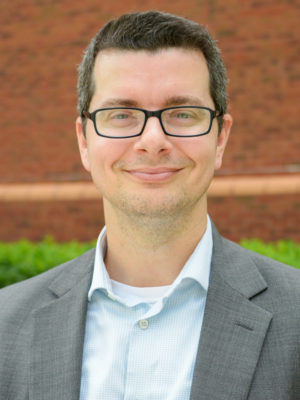
“Values represent not just who we are, but who we want to be,” said Kevin Winchell, director of Community Engagement and co-chair of the Values Day Planning Committee. “It’s rare for any organization, much less a university of higher education, to open that up for everybody to give full comment on and to have ownership over that process.
“We do ourselves a lot of favors by being as engaged in this process as possible because this is how we build a university that reflects all of us and not just some of us,” he added.
This year’s theme for Values Day is “What should Stetson’s Values be?” Registration to participate in the Rinker Field House dialogue is open to all students, faculty, staff, alumni, Trustees and other stakeholders through this online form.
Community members, including alumni nationwide, can also participate in the discussions on Values Day by joining an online platform hosted by Sanford’s Deliberative Democracy Lab. During the in-person and virtual sessions, participants will receive briefing materials on Stetson’s values, allowing them to become fully informed.
Following these discussions, participants will complete the same survey about Stetson’s values.
After other such efforts around the world, Stanford’s Deliberative Democracy Lab found “there were dramatic, statistically significant changes in views. The result is a poll with a human face. The process has the statistical representativeness of a scientific sample, but it also has the concreteness and immediacy of a focus group or a discussion group.”
The results of Stetson’s deliberative poll will then provide the basis for a potential revision of the university’s core values, which would take place during the 2025 Spring semester.
“Our values should be up to date,” Professor Hill said. “They should reflect who we are today and who we want to be 20 years from now, and they should guide our actions and the decisions we make. They are literally who we are, which is why we want everybody to have a voice.”
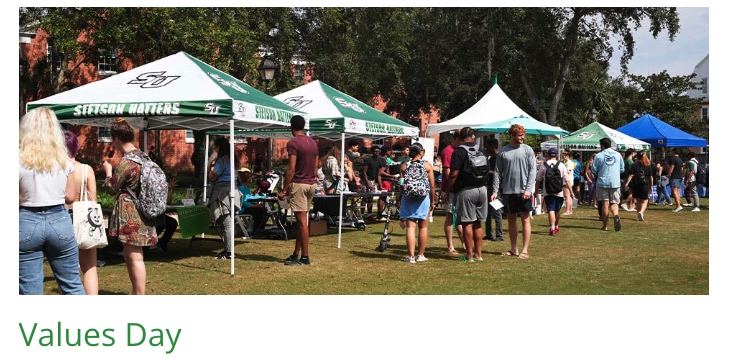
-Stetson Today

